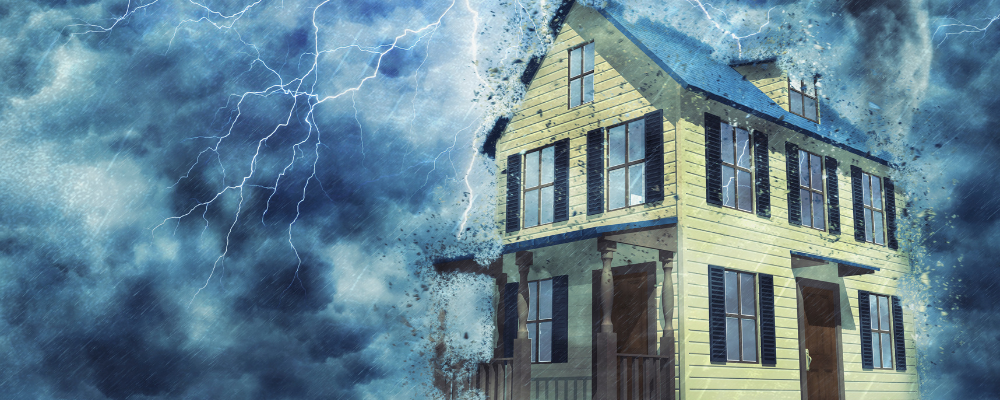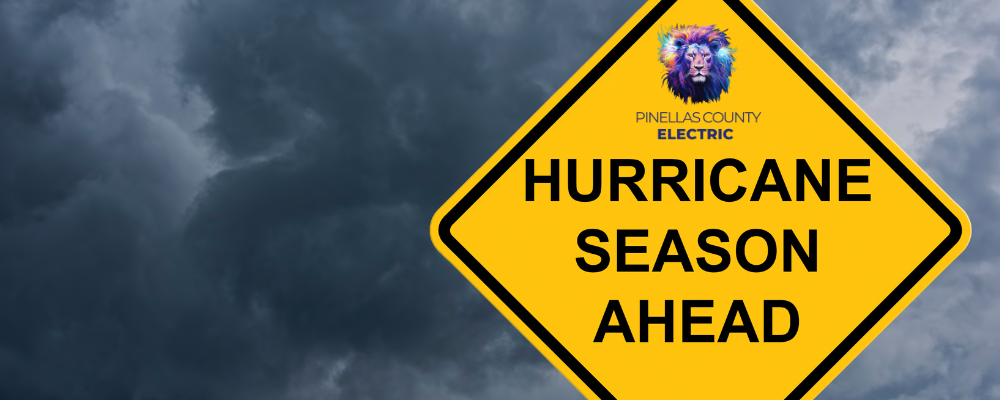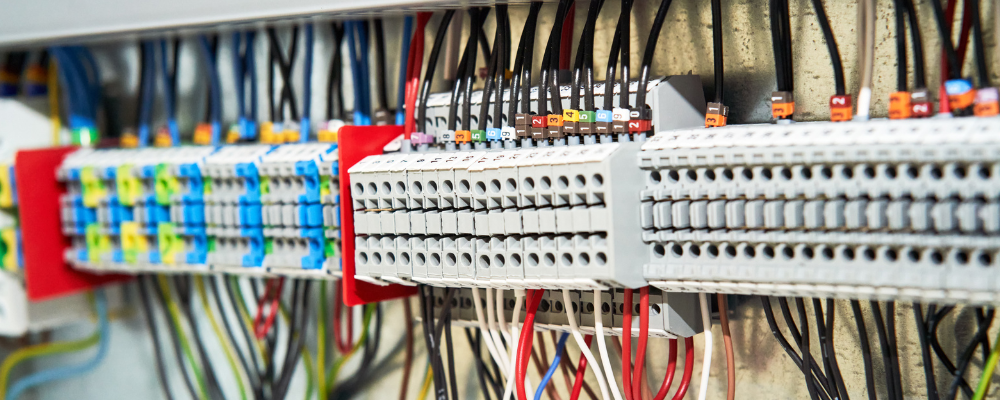As a homeowner, knowing how to reset a circuit breaker is important in case of sudden power outages. Circuit breakers are essentially switches that control the electrical wiring that power your appliances and fixtures. The switches turn off automatically if a short circuit or electrical surge occurs or too much current is flowing through the wires. If one part of your house suddenly loses power, there is a high chance that it is caused by a tripped breaker.
If your circuit breaker trips and you do not know how to reset a circuit breaker, you will need to call a professional electrician to help you fix the problem. However, resetting a tripped circuit breaker is not as complicated as it sounds, and knowing how to do it can come in handy in many cases. Continue reading to learn about how to reset a circuit breaker and what issues may cause your breaker to trip even after resetting it.
How to Reset a Circuit Breaker
First and foremost, you must wear safety glasses and ensure that the floor is dry to avoid getting shocked and injured. Unplug all the appliances in the affected room or area, then open your circuit breaker panel. Look for the switch in the center position, flip it to the off position, then flip it to the on position. Make sure the breaker switch stays on because if it trips again after you reset it, you must call your electrician since you may have a serious wiring problem.
Potential Circuit Breaker Problems
Besides knowing how to reset a circuit breaker, it also helps to know the possible issues that can trip your breaker. The most common causes are:
Short Circuit
A short circuit occurs when a hot wire touches a neutral or hot wire, causing excessive current to flow through it. This issue can be dangerous if left unaddressed, so it is best to get professional electrical services to prevent potential house fires. You can try checking your power cables and outlets to see if there is any discoloration or melting. However, if you cannot detect the problem, you must call an electrician.
Overloaded Circuit
An overloaded circuit is one of the most common causes of a tripped breaker. It essentially means too much current is flowing through the breaker, causing the switch to turn off. If this is the cause of the problem, try checking the appliances plugged in the affected area.
You may be consuming too much power than you realize, so make sure to unplug the devices that are not in use. Generally, this should solve the issue, but if your breaker still trips, you can call an electrician to check your wiring and installation for possible loose connections.
Ground Fault
A ground fault is similar to a short circuit, but what happens here is a hot wire touches a ground wire. This problem is often caused by damaged wiring or old appliances, which causes electricity to take a path through the ground. If this is the cause of the problem, you may feel an electrical shock from touching some appliances.
Call Your Electrician Today
Maintaining your electrical systems and wiring is important to keeping your home safe. Contact us today at 727-88-VOLTS to schedule a free consultation with a licensed electrician. We can help you diagnose the problem and fix it immediately to prevent further issues from arising.















